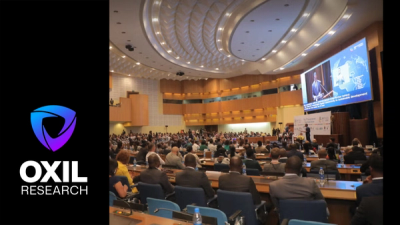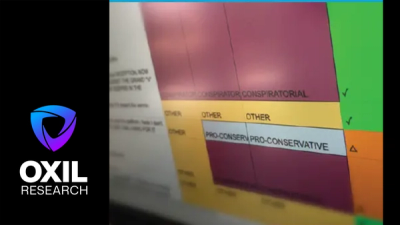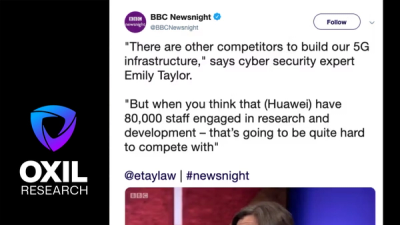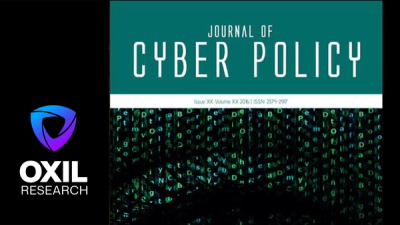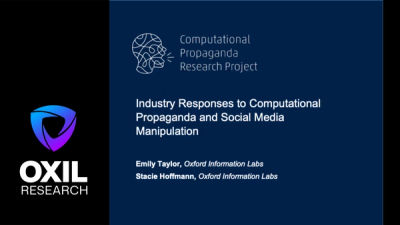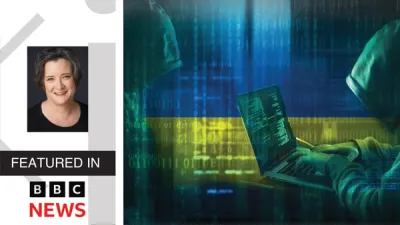This is not a Virus, it's Tyranny: Conspiracy and Partisanship about COVID19 on Canadian Youtube News Channels
Social media platforms have come under increasing scrutiny for spreading mis-and-disinformation about COVID-19. Research has shown that citizens who are misinformed about COVID-19, or who consume highly partisan news about the virus, are less likely to adopt preventative measures, like wearing a mask, and are less likely to get vaccinated against the virus. To understand how Canadian audiences find and discuss COVID-19 news on social media, we examine the structure of Canadian news and information networks on YouTube, the most popular social media platform used by Canadians. We examine the differences across local, national, alternative and “junk” news channels on the platform to explore how audiences watching these channels discuss COVID-19, measuring the extent to which conspiracy and partisanship are a part of Canadian discourse about the Coronavirus on YouTube. We found that most citizens watching news on Canadian YouTube channels used neutral frames, discussing the virus without a conspiratorial or partisan tilt. However, the distribution of neutral comments was not even across the dataset, with 77% of comments on junk news channels representing partisan commentary about the virus. Despite early debunking efforts by health authorities and government officials, many conspiracies about the origin of the virus continued to permeate discussion about COVID-19 in local and national news comments on YouTube.
Authors
Mona Elswah, Mark Robertshaw, Samantha Bradshaw... +1 more
COVID 19Coronavirus+3 more
